
 By Charles Laubach and Rahat Dar, Afridi & Angell
By Charles Laubach and Rahat Dar, Afridi & Angell
E: claubach@afridi-angell.com
E: rdar@afridi-angell.com
A new statute makes it clear for the first time that the netting and setoff provisions in qualified financial contracts are valid and enforceable under UAE law.
For decades, banks and other counterparties in the UAE have obtained financial services from foreign financial institutions. Industry bodies, such as the International Swaps and Derivatives Association (ISDA), the International Capital Market Association and the International Securities Lending Association, have developed standard documentation for these kinds of transactions. A new statute in the UAE makes it clear for the first time that the netting and setoff provisions in such documentation are valid and enforceable under UAE law. Among other matters, this clarity should reduce the cost to UAE counterparties of obtaining these financial services.
Federal Decree-Law 10 of 2018 on Netting (the Netting Law) was published in the UAE Federal Gazette on September 30, 2018 and took effect on October 30, 2018 (the Effective Date). It is a significant development to the derivatives framework in the UAE, in terms of both the legal enforceability of such arrangements and the ability to implement close-out netting (ie, netting of obligations following an event of default or termination event), particularly following the bankruptcy of one of the parties. The Netting Law is closely modelled on the 2018 ISDA Model Netting Act and Guide (as published by ISDA) and applies to all qualified financial contracts, netting agreements or collateral arrangements entered into by a person or entity in the UAE (other than persons and entities located in financial free zones, ie, the DIFC and ADGM, which have separate netting regulations).
Netting
The Netting Law allows parties to enter into netting agreements for the purposes of netting off their payment and delivery obligations under qualified financial contracts (netting). A netting provision may include the following features:
- any termination, liquidation and/or acceleration of payment/delivery rights or obligations under qualified financial contracts entered into under a netting agreement or to which a netting agreement applies;
- calculation, estimation or adoption of an index of close-out or termination value, market value, liquidation value or any other relevant value, which may arise from a party’s failure to enter into or perform a transaction under a netting agreement, where the rights and/or obligations of the parties under such netting agreement have been terminated, liquidated and/or accelerated under point (a), above;
- conversion of the values calculated under point (b), above, into a single currency;
- determination of the net balance of values calculated under point (b), above, as converted under point (c), above, whether by operation of setoff or netting; and
- entry into an arrangement whereby the net amount calculated above becomes payable directly or as part of either the (i) consideration for a specific asset or (ii) damages for non-performance of such transaction.
 The Netting Law currently identifies 23 categories of agreements as qualified financial contracts (which create either a right to receive or an obligation to make a payment or delivery or to transfer title to assets/commodities for consideration) including all types of swaps (in relation to currencies, interest rates, basis rates or commodities), forward rate agreements, currency or interest rate futures, currency or interest rate options, derivatives (relating to bonds, energy, bandwidth, freight, emissions and property index), securities contracts, collateral arrangements, commodities related contracts and any Shari’ah compliant equivalent of the above agreements. This list may be expanded by the Committee for Designation of Qualified Financial Contracts (the Committee), which will be formed under a resolution issued by the UAE Minister of Finance (the Resolution).
The Netting Law currently identifies 23 categories of agreements as qualified financial contracts (which create either a right to receive or an obligation to make a payment or delivery or to transfer title to assets/commodities for consideration) including all types of swaps (in relation to currencies, interest rates, basis rates or commodities), forward rate agreements, currency or interest rate futures, currency or interest rate options, derivatives (relating to bonds, energy, bandwidth, freight, emissions and property index), securities contracts, collateral arrangements, commodities related contracts and any Shari’ah compliant equivalent of the above agreements. This list may be expanded by the Committee for Designation of Qualified Financial Contracts (the Committee), which will be formed under a resolution issued by the UAE Minister of Finance (the Resolution).
Under the Netting Law, netting agreements include:
- any agreement between two parties for netting of present or future rights to or obligations for payments or delivery, or transfer of title arising in connection with one or more qualified financial contract between the parties (a master agreement);
- any agreement providing for the netting of amounts due under two or more master netting agreements (a master netting agreement);
- any collateral arrangements relating to or forming part of a master netting agreement or master agreement;
- any Shari’ah compliant agreement or arrangement which is intended to have a similar effect as an agreement under points (a) through (c) above or any other netting agreement; and
- any agreements, contracts or transactions which fall within the definition of a qualified financial contract.
A netting agreement and all qualified financial contracts to which it applies will constitute a single agreement.
Legal recognition
Under UAE law, futures, margin trading and derivatives transactions generally have been viewed as potentially unenforceable due to perceived gharar, an unacceptable level of risk or uncertainty that undermines contract formation. For this reason, the potential exists — and UAE courts have held in some instances — that derivatives are unenforceable “contracts of risk,” even when used to manage risk (as in hedging contracts) rather than to create risk or to speculate. Even for Shari’ah compliant hedging products in the market (for example, the ISDA/IIFM Tahawwut Master Agreement), which are supported by fatwas confirming that such products are Shari’ah compliant and free of gharar, there was no certainty on how the courts would hold. The Netting Law has minimised, if not eliminated, these uncertainties by providing that qualified financial contracts shall not be void, unenforceable, or not final by reason of gharar under the UAE Civil Code.
Bankruptcy
Under the UAE Bankruptcy Law, a debtor and creditor may only set off obligations (i) if the conditions for exercising the setoff are satisfied before initiating procedures under the UAE Bankruptcy Law, (ii) if conducted as part of the implementation of a preventative composition or restructuring scheme or (iii) as approved by the court.
The Netting Law provides that the provisions of a netting agreement shall be deemed final and enforceable (including against a third party security provider, even if such third party becomes insolvent), even following the insolvency of one of the parties thereto. The arrangements under a netting agreement may not be suspended, delayed or made conditional merely by the appointment of a liquidator or the initiation of bankruptcy proceedings or under any other law applicable to insolvent parties. Insolvency and/or bankruptcy proceedings will not affect the netting arrangements under a netting agreement or a qualified financial contract (or any other financial contract) to which a netting agreement applies. Similarly, the provisions of a netting agreement shall not be affected by any limitations on setoff or netting imposed under any insolvency or bankruptcy laws.
 In case of procedures under the UAE Bankruptcy Law, the liquidator or trustee of a party to a netting agreement (the insolvent party) may annul, stop or refuse the performance of a transaction constituting a preference to a non-insolvent third party (the third party). For example, such a transaction could be the transfer of cash, assets, property or collateral from the insolvent party to the third party under a netting agreement. However, the liquidator or trustee may do so only on the basis of clear and convincing evidence that such third party entered into the transaction with the intention to prevent, hinder or delay debt recovery by a current or future creditor of the insolvent party. There is no definition of “clear and convincing evidence” (a term that has no antecedent in UAE law), but the concept would appear to present a higher hurdle than a mere preponderance of evidence. Significantly, there are no other grounds in the netting law for a liquidator or trustee to fail to implement netting.
In case of procedures under the UAE Bankruptcy Law, the liquidator or trustee of a party to a netting agreement (the insolvent party) may annul, stop or refuse the performance of a transaction constituting a preference to a non-insolvent third party (the third party). For example, such a transaction could be the transfer of cash, assets, property or collateral from the insolvent party to the third party under a netting agreement. However, the liquidator or trustee may do so only on the basis of clear and convincing evidence that such third party entered into the transaction with the intention to prevent, hinder or delay debt recovery by a current or future creditor of the insolvent party. There is no definition of “clear and convincing evidence” (a term that has no antecedent in UAE law), but the concept would appear to present a higher hurdle than a mere preponderance of evidence. Significantly, there are no other grounds in the netting law for a liquidator or trustee to fail to implement netting.
Multi-branch netting
In line with the 2018 ISDA Model Netting Act and Guide, the Netting Law has recognised multi-branch netting agreements (the MBNA) as netting agreements under which a party can enter into qualified financial contracts through its home office (ie, the office in its home country) and one of its branches or agencies in countries other than its home country (ie, the jurisdiction where such party is incorporated regulated or duly registered).
In the event of the insolvency of a foreign party’s branch/agency (the branch), its liability (or the liability of its liquidator in the UAE) to the non-insolvent counterparty (the Counterparty) shall be calculated on the date of the termination of the qualified financial contract under the MBNA and limited to the lesser of (i) the foreign party’s net payment obligations (as adjusted by any payments to the counterparty and the fair market value of any collateral provided by the foreign party under the MBNA) or (ii) the branch’s net payment obligation. The foreign party’s net payment entitlement from the counterparty (as adjusted by any payments made to the liquidator of the foreign party and the fair market value of any collateral provided by the counterparty under the MBNA) shall be netted against the counterparty’s net payment entitlement from the foreign party. The counterparty may liquidate any collateral (provided under an MBNA) and apply the proceeds against settlement of sums due from the foreign party under any related qualified financial contracts. Any excess collateral shall be returned.
The Committee
The Committee shall undertake the following responsibilities in accordance with the mechanisms outlined in the Resolution:
- providing opinions on topics relating to Qualified Financial Contracts;
- designating any additional financial agreement, contract or transaction as a Qualified Financial Contract;
- amending the list of Qualified Financial Contracts; and
- any other function designated by the UAE Cabinet.
Conclusion
The introduction of the Netting Law is a sign of the UAE’s desire to participate fully in international markets for financial services. UAE counterparties will now be able, more readily and presumably at lower cost, to take advantage of the full range of products that are available.
Nevertheless, it remains to be seen how the Netting Law will be implemented by the courts in specific cases. Financial contracts concluded before the effective date that qualify as netting agreements or qualified financial contracts should now be enforceable, even though enforceability might have been uncertain when the contracts were first concluded. Proceedings under the UAE Bankruptcy Law will be governed by the Netting Law as of the effective date, but trustee, liquidator or court actions taken before the effective date would presumably remain undisturbed even if inconsistent with the Netting Law. We will continue to report as these and other issues are addressed in the coming weeks and months.



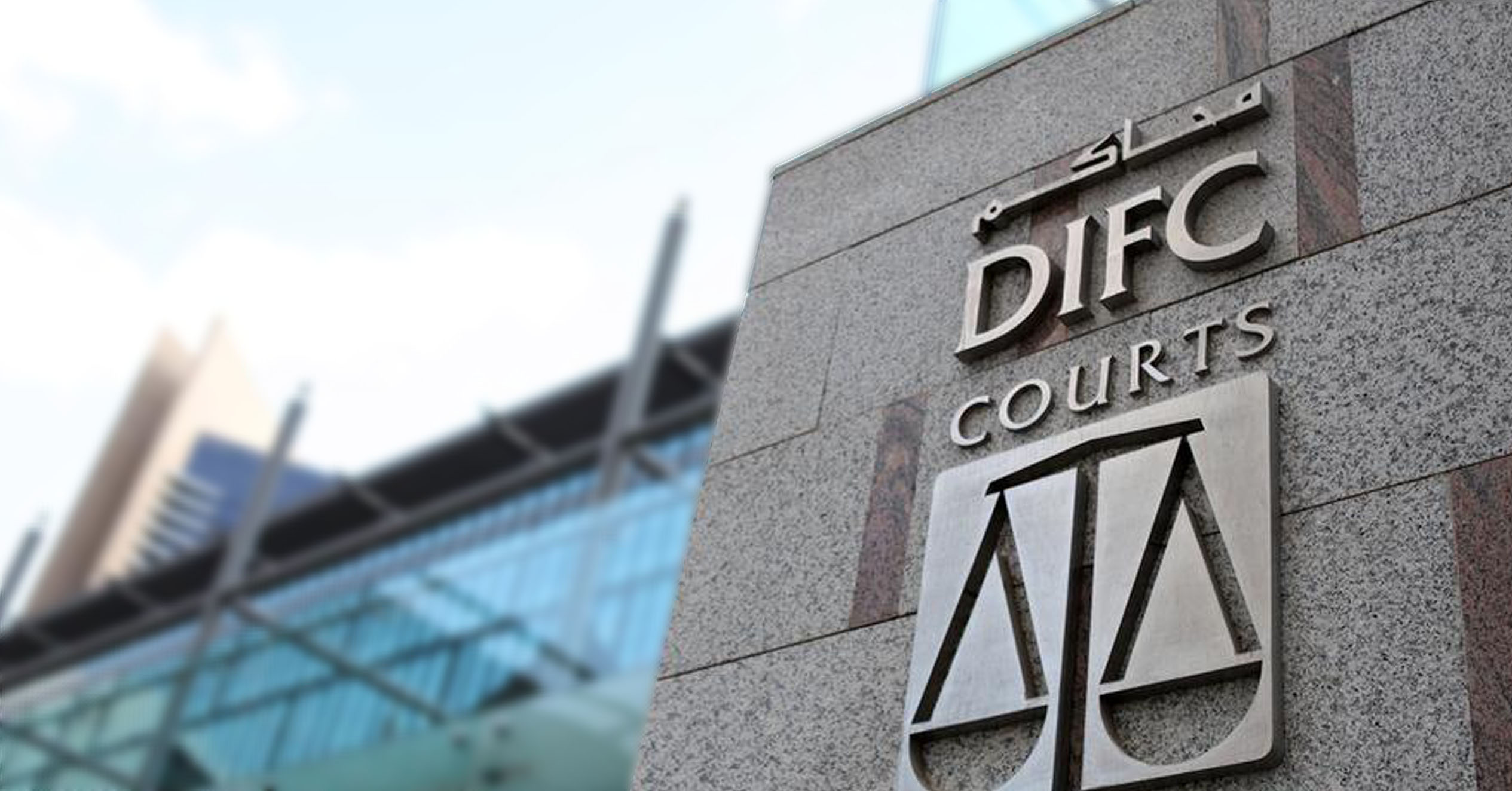


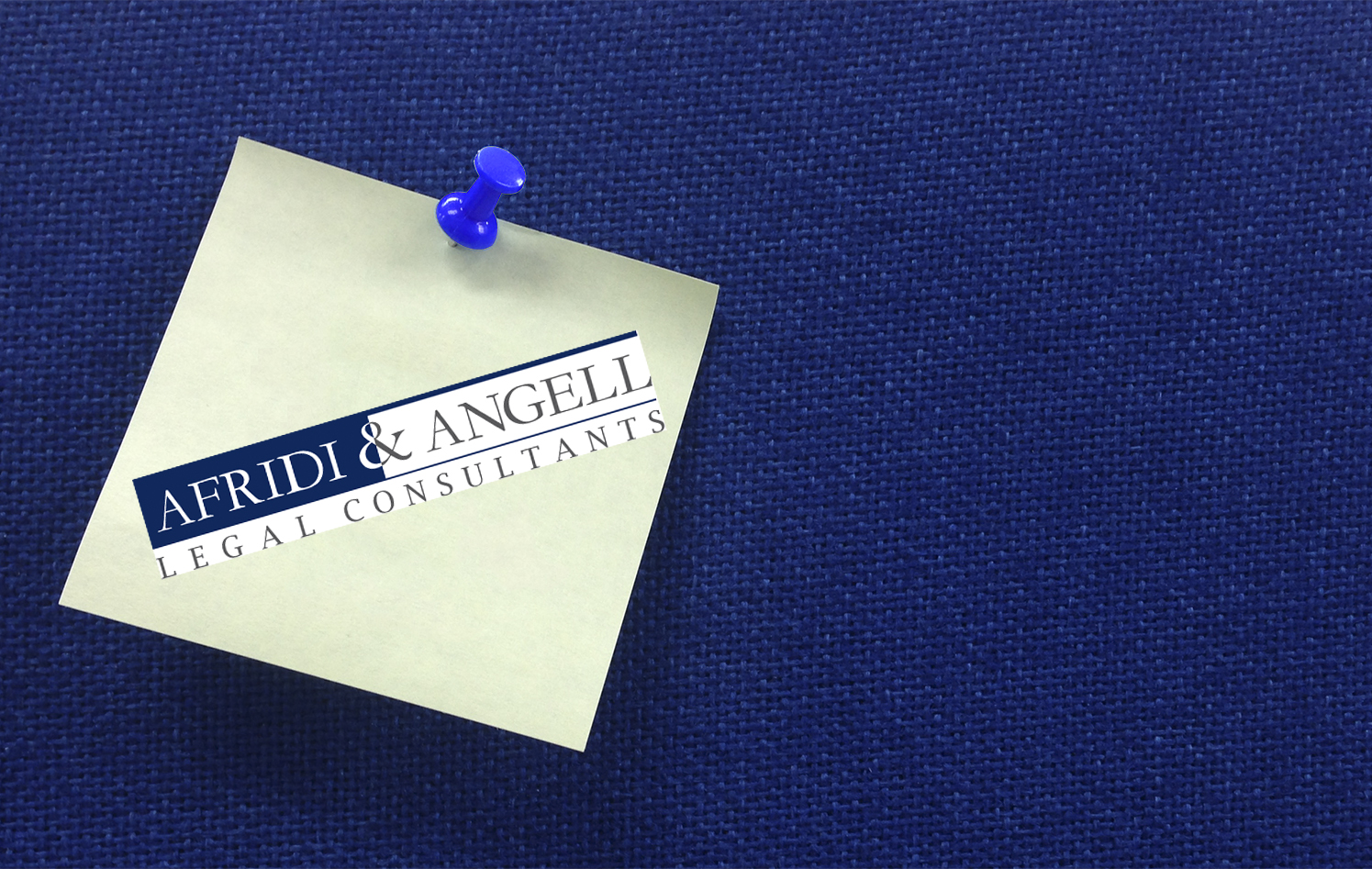
















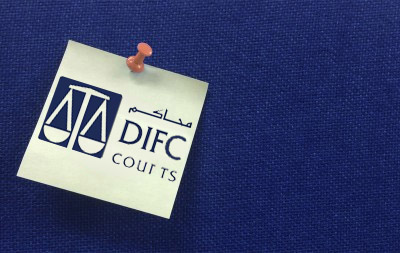
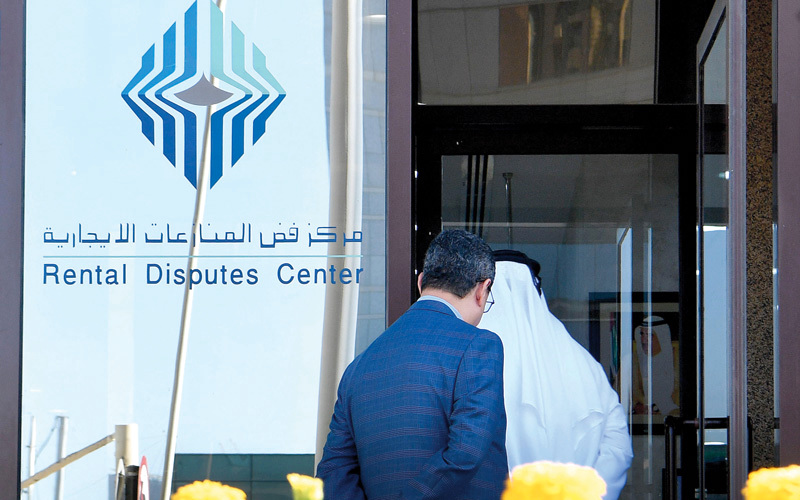
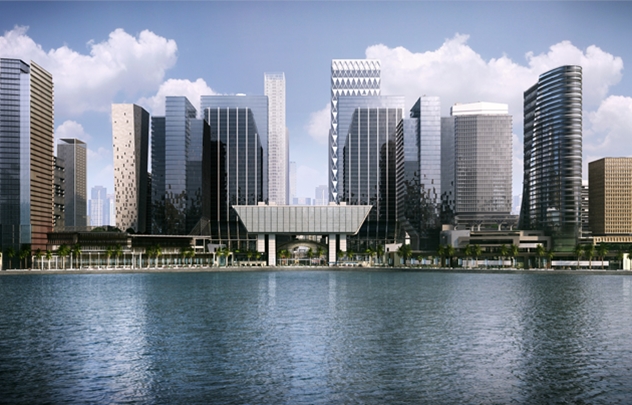











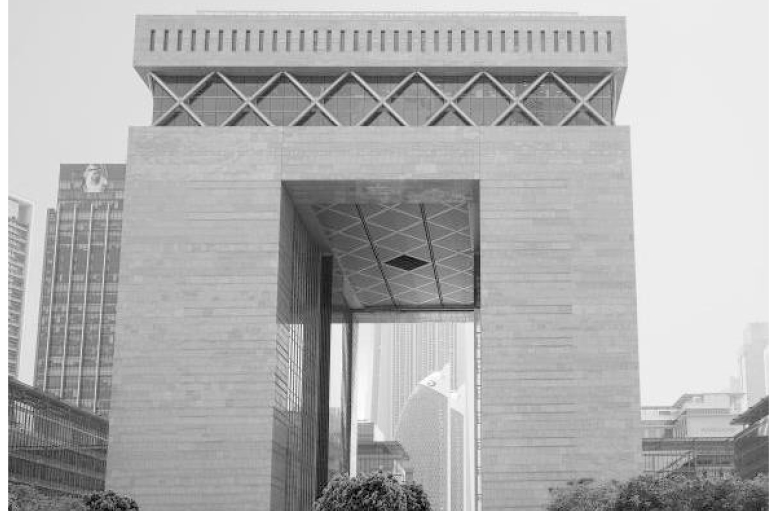






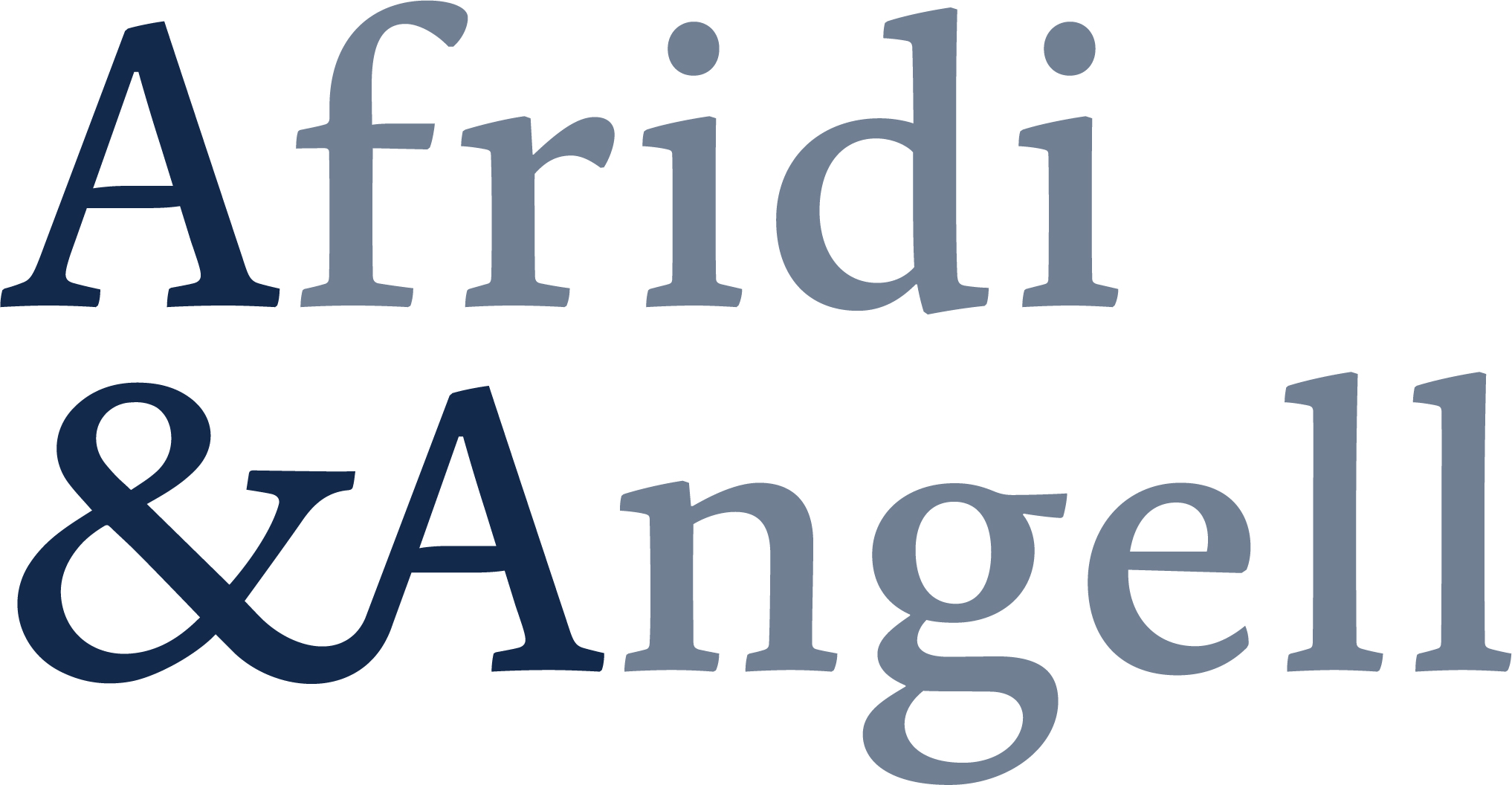 Afridi & Angell
Afridi & Angell Masood Afridi
Masood Afridi Amjad Ali Khan
Amjad Ali Khan




